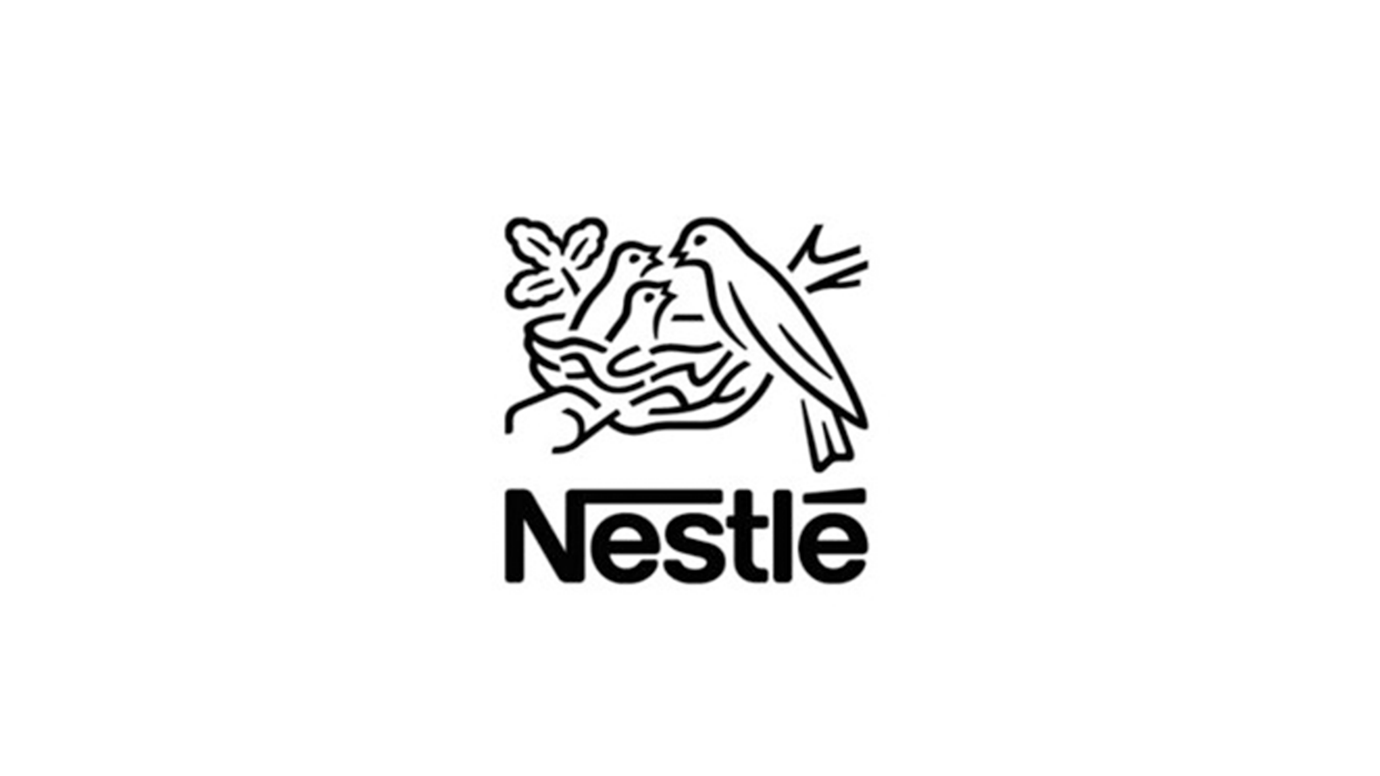
Why Skills-First Leadership Is Replacing the Ivy League Playbook in the C-Suite
The old prestige pyramid—where Ivy League degrees and blue-chip consulting backgrounds paved the way to the CEO seat—is cracking.

April 25, 2022: -On Thursday, Food group Nestle confirmed its margin and sales growth targets for 2022 after a solid price surge to cushion cost inflation helped organic sales rise over expected in the first quarter.
Russia’s invasion of Ukraine has forced consumer goods companies to rethink their strategy in Russia while accelerating inflation is threatening their profitability. But until now, both challenges have not left a significant mark on the performance of the world’s biggest food group.
“Cost inflation continues to increase sharply, which will require further pricing and mitigating actions over the year,” the company known for Nescafe instant coffee said.
The group based in Vevey on Lake Geneva confirmed that it expects organic sales to increase by almost 5% this year, with a trading operating profit margin between 17% and 17.5%.
At Nestle, organic sales, which strip out currency swings, acquisitions, and divestments, were up 7.6%, over a 5.0% average forecast in a company-compiled consensus, helped by price increases of 5.2%, the maker of KitKat chocolate bars said.
Pet care and coffee were again the best-performing categories, helping group sales surge to 22.2 billion Swiss francs ($23.37 billion), also ahead of expectations.
“Organic growth now excludes the Russia region, given significantly disrupted trading conditions and Nestle’s decision to focus on providing essential food,” said the group, which had sales of 1.7 billion francs in Russia last year.
Nestle has stopped selling non-essential products in Russia, such as KitKat chocolate bars, but keeps supplying infant formula and medical nutrition.
Nestle shares, less than 4% this year, were indicated to open 1.7% higher based on pre-market indications.
In a note, Jefferies analyst Martin Deboo said that he expected a positive reaction this morning, with the immediate debate on why Nestle isn’t raising its top-line guidance.

The old prestige pyramid—where Ivy League degrees and blue-chip consulting backgrounds paved the way to the CEO seat—is cracking.

Loud leaders once ruled the boardroom. Charisma was currency. Big talk drove big valuations.

But the CEOs who make history in downturns aren’t the ones with the deepest cuts

Companies invest millions in leadership development, yet many of their best executives leave within a few years. Why?

The most successful business leaders don’t just identify gaps in the market; they anticipate future needs before anyone else.

With technological advancements, shifting consumer expectations, and global interconnectedness, the role of business leaders

Maushum Basu is a visionary leader who inspires his team with a clear, compelling purpose. Unafraid to take calculated risks, he understands that growth often stems from change and innovation. His deep commitment to both Airia Brands, Inc.

When speaking with Martin Paquette, one thing is immediately apparent: he’s honest. His transparency is refreshing. While many shy away from such vulnerability, Paquette sees it as a force to reckon with. The incredible emotional intelligence speaks to years of looking within—it’s also what allows him to acknowledge his mistakes gracefully and use them as opportunities to innovate.

Marina Charriere, CEO of Star Drug Testing Services, Star Drug Testing Services (Windsor Park), and First Defence Face Masks go hand in hand. Star is a drug and alcohol testing facility, and First D F M is a face mask company.

Lejjy Gafour, CEO, CULT Food Science Corp. Lejjy is a self-taught entrepreneur and experienced company operator who made his start creating opportunities at the young age of 14, and he has been working, leading, and building businesses ever since.


Leave us a message
Subscribe
Fill the form our team will contact you
Advertise with us
Fill the form our team will contact you